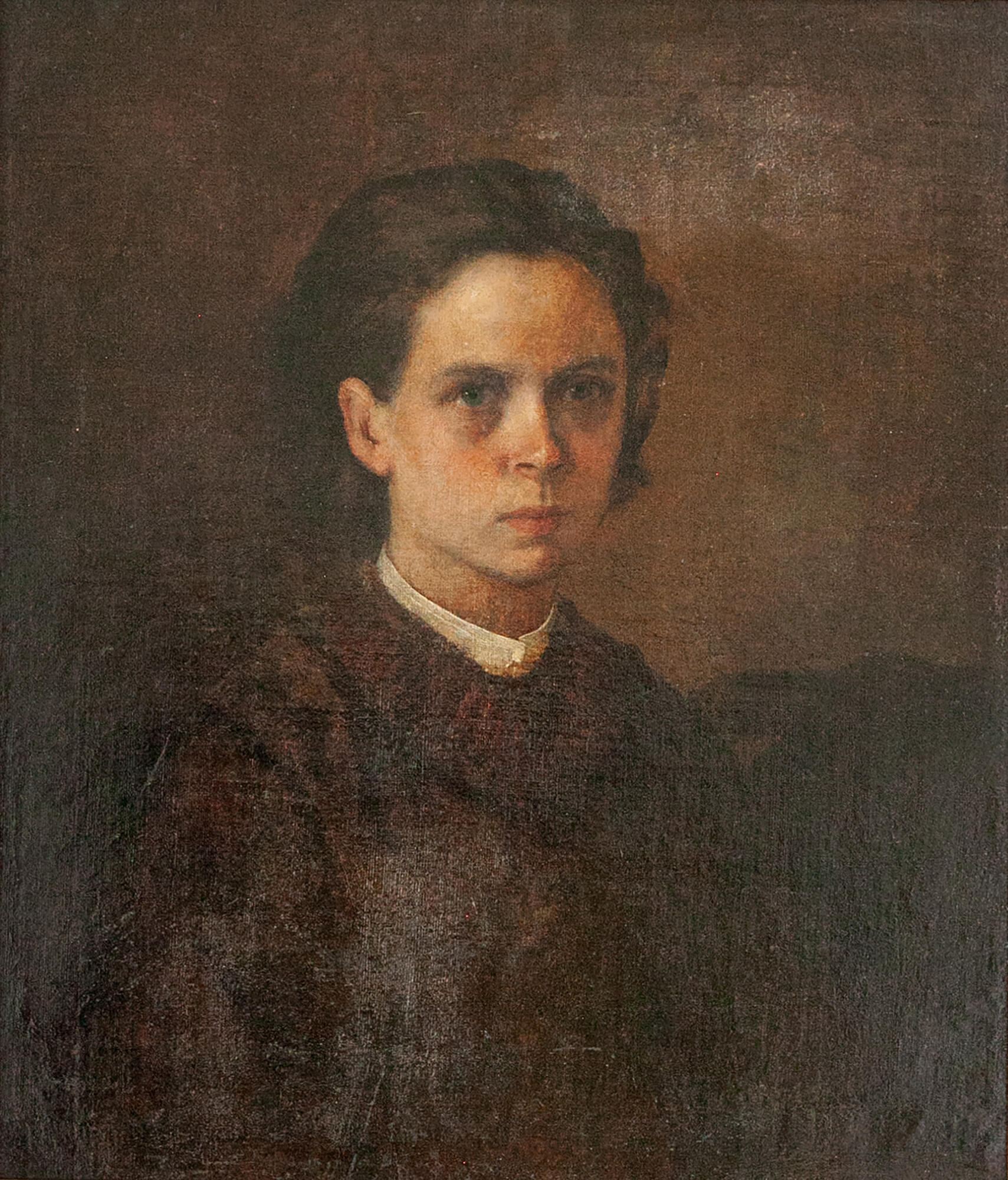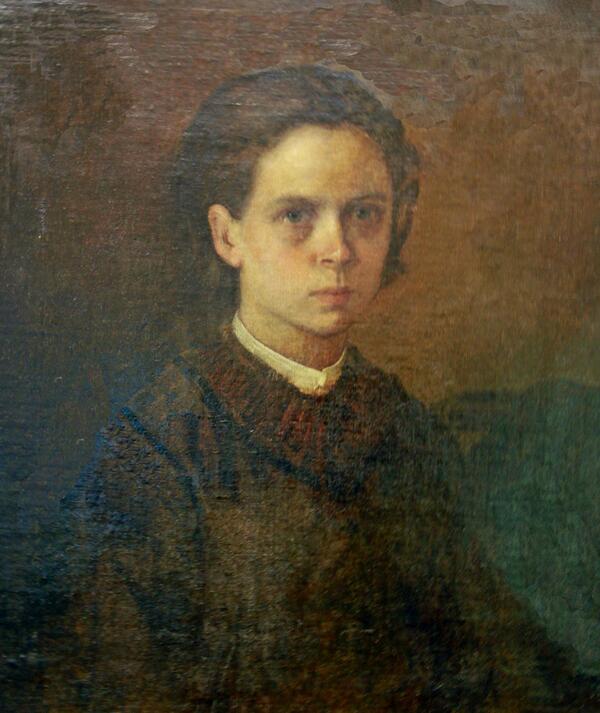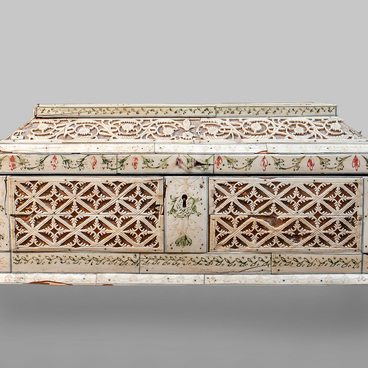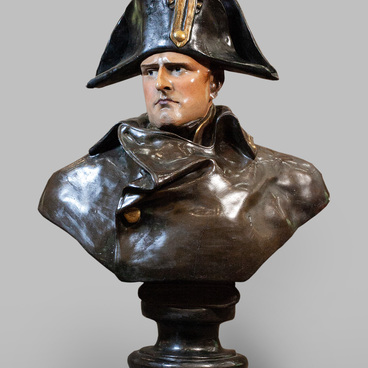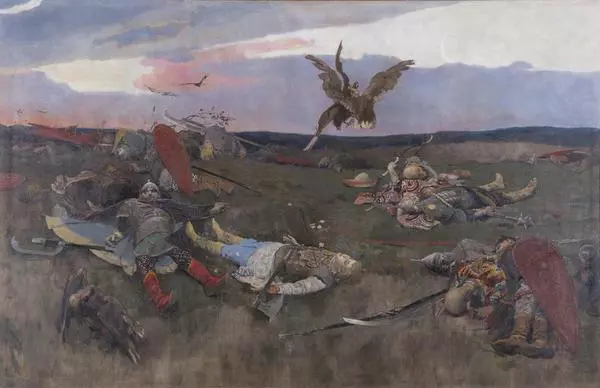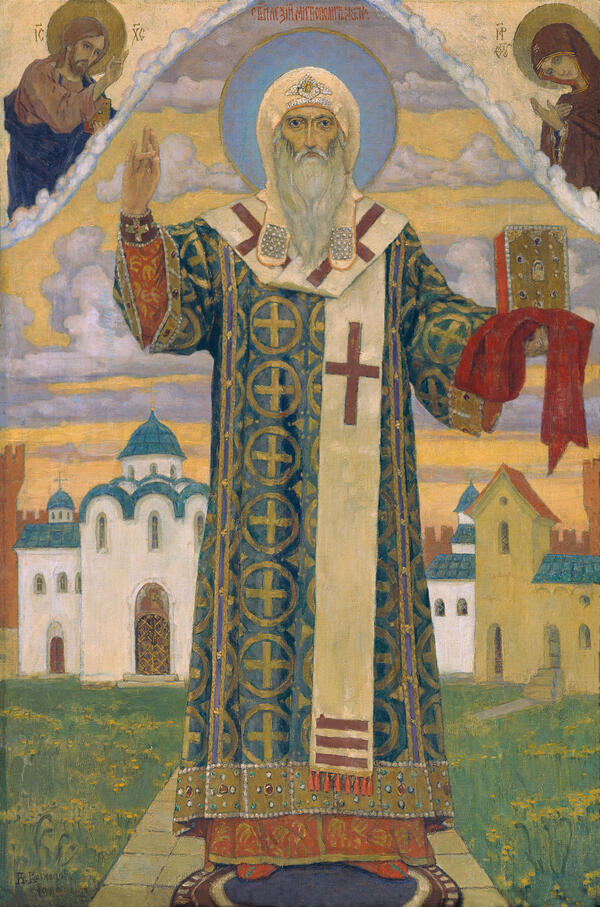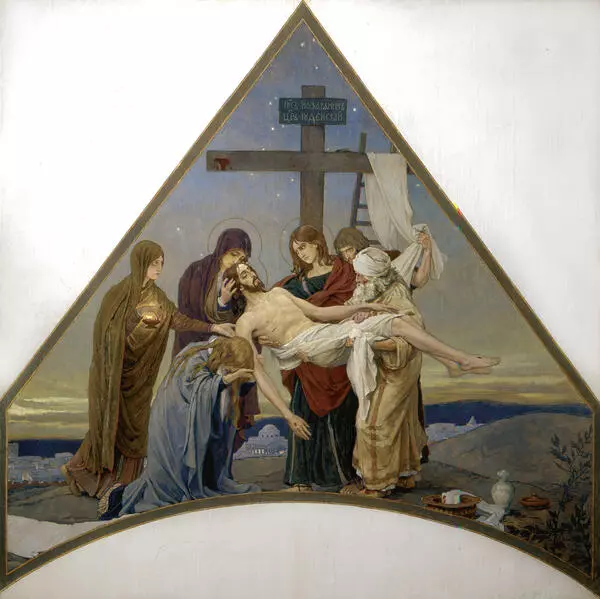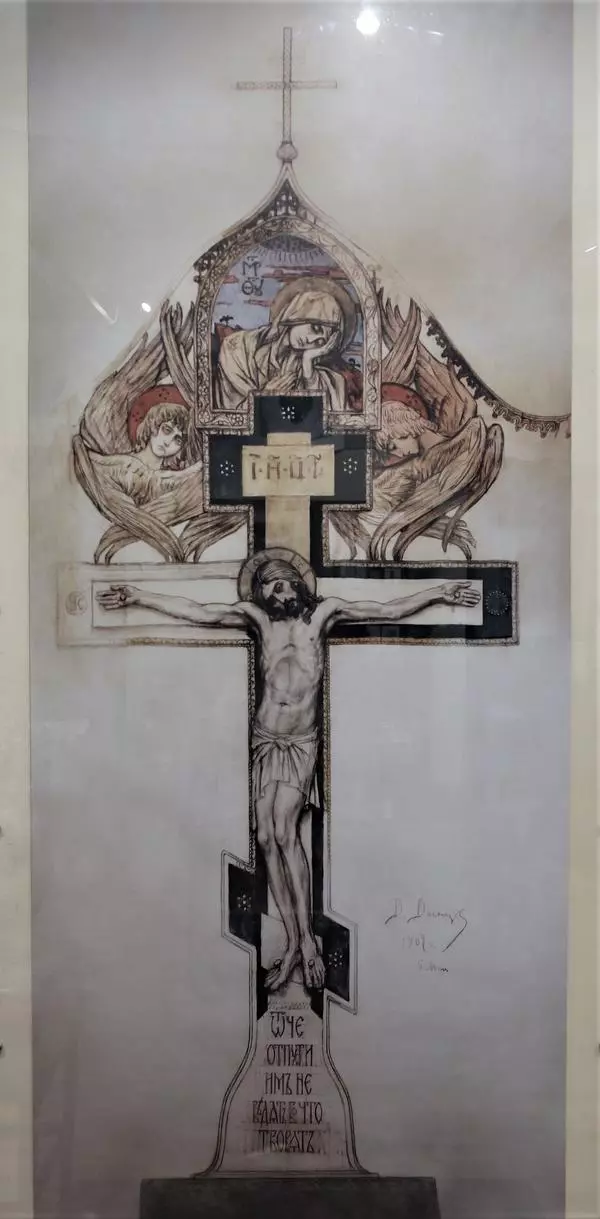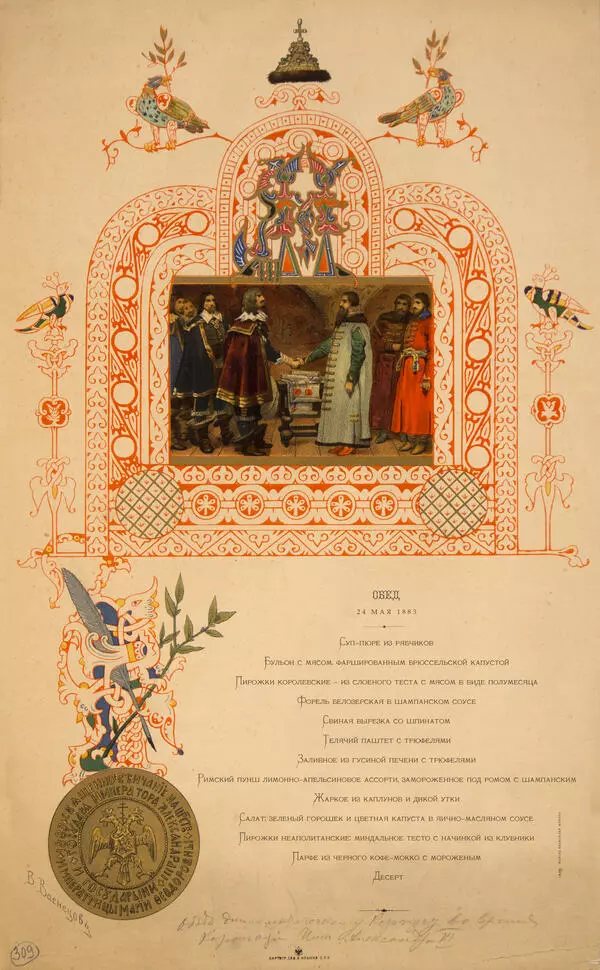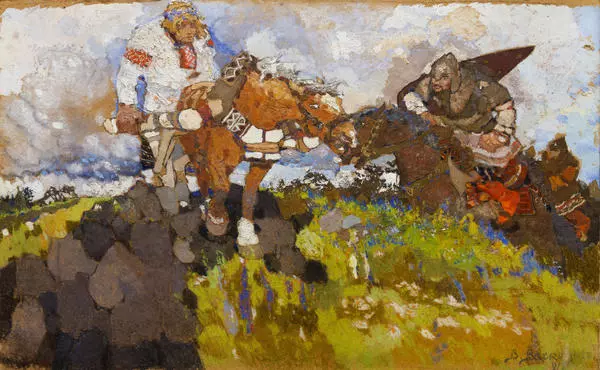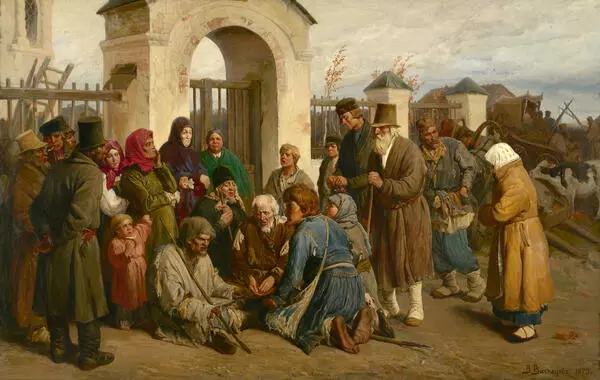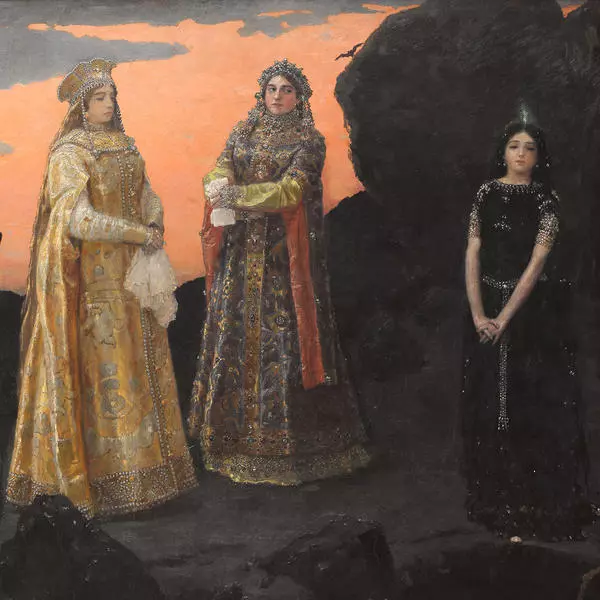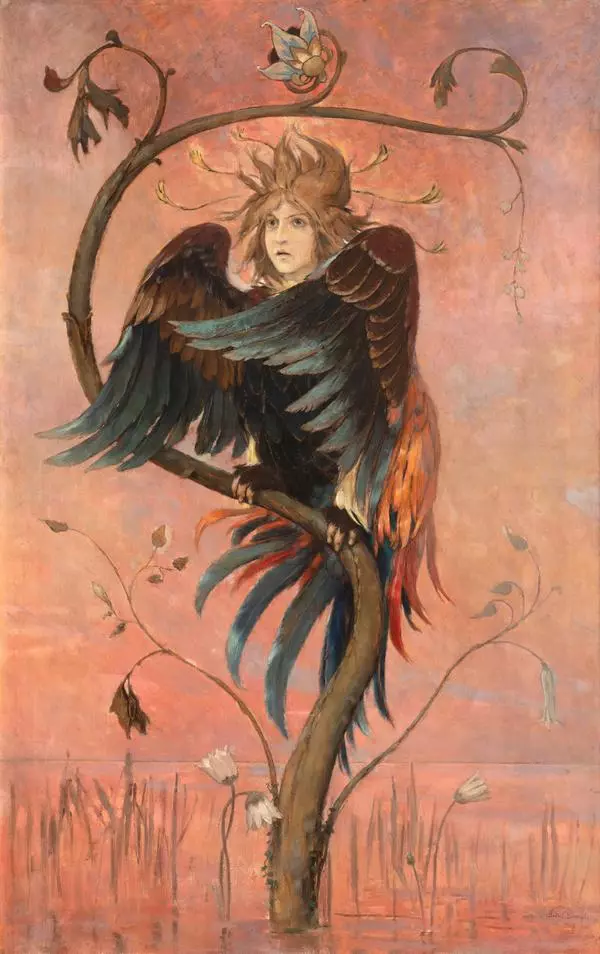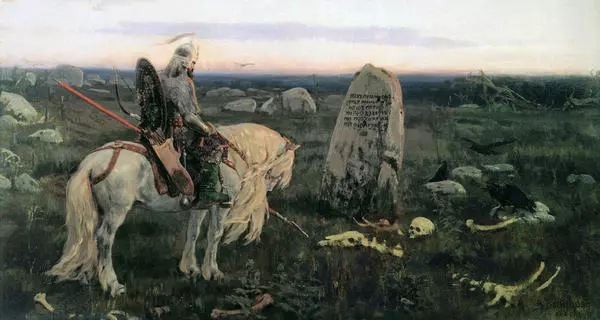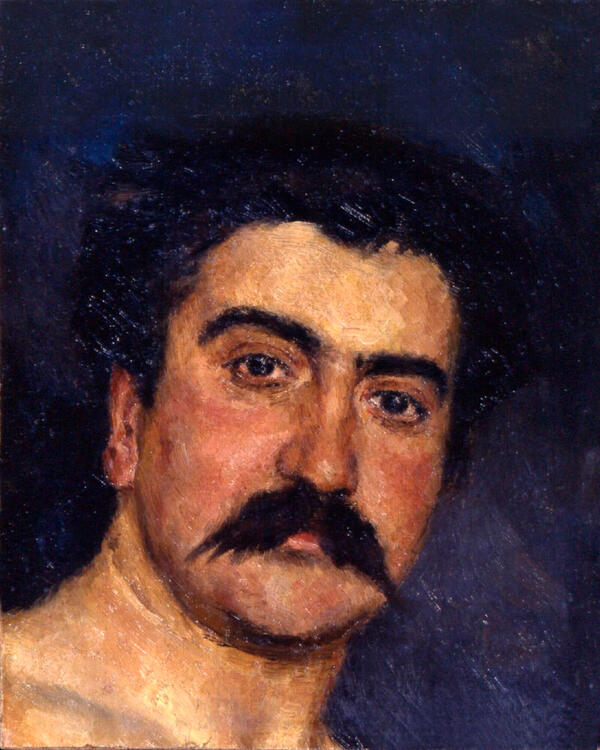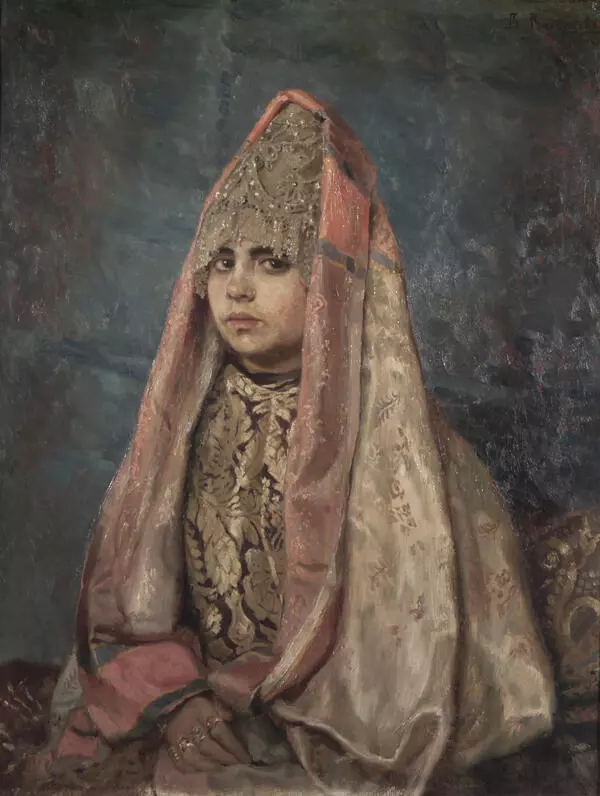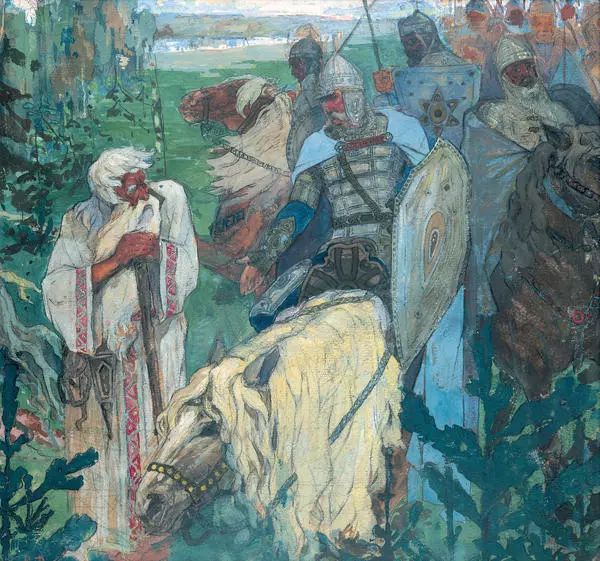The locals called her a nihilist because even with her appearance she emphasized that she belonged to the “new people”, the characters of Chernyshevsky: she cut her hair short and did not hide her habit of smoking. At the time, it was considered a bold and defiant move, expressing protest against gender inequality. She prepared for the struggle in earnest and persevered in her studies, paying particular attention to social sciences. Selenkina’s house became the center of Vyatka intellectuals.
The young writer was known to the police as the author of “extremely dangerous” stories: her female characters were bold and looked for ways to lead an “intelligent life” for the benefit of the people. Maria Selenkina was arrested in 1874 and spent over a year in a solitary cell. Her husband was fired from his job at the bank “for untrustworthiness”. He had to leave in search of work. Their life was full of hardships: these times of trouble were described in the story “A Free Lesson”. It was difficult for Maria to write. By that time, she had five children. She worked tirelessly and engaged in tutoring, sewing, and correspondence. The royalties were too small to rely upon in their living conditions. It was almost impossible to publish anything, but nevertheless she managed to provide her eldest sons with a university education.
The life and work of Maria Selenkina was a dramatic episode in the history of the Russian literature of democratic intellectuals. She succeeded in creating a great image of a hardworking peasant woman, a caring mother, a person of a strong character, a gentle spirit, a kind heart, and perseverance.
